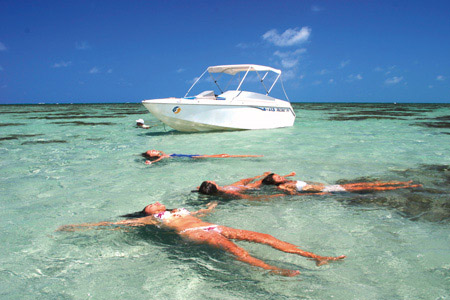INTERNATIONAL EDITION
VISIT BRAZIL

MACEIÓ, ALAGOAS (BRAZIL)
VISIT ITABUNA, BAHIA (BRAZIL)

ITABUNA, BAHIA (BRAZIL)
JOSÉ CORREIA PICANÇO

JOSÉ CORREIA PICANÇO (BARÃO DE GOIANA)
*
He did his initial studies in the city of Recife. Devoted to the craft of barber and Pernambujco Governor appointed him in 1766, surgeon of loose body of ordinances and retired officers.
Shortly after, aspiring to study in more advanced centers, moved to Lisbon, where he enrolled in the School of Surgical Hospital of All Saints, where he studied with the barber Manuel Constancio, the most famous surgeon of the time.
Obtained a Master's degree in surgery, he moved to Paris where he studied in large Surgical Services.
In 1768, he obtained a diploma in "officier de santé", attended Medical School at Montpellier and Padua. Then he returned to Lisbon and started his clinic.
At that time, the Brazilians took up a position of great prominence in the intellectual circles of the Portuguese court, especially among doctors, Francisco de Melo Franco, Alexandre Rodrigues Ferreira and Vicente Seabra Coelho da Silva Teles.
In 1772, the Marquis of Pombal appointed Jose Correa Picanco Professor of Anatomy, University of Coimbra.
Given their situation as "officier de santé," Shrike decided to return to Paris in order to obtain a doctorate.
After defending a thesis before the Congregation of the Medical School of Paris, returned to Coimbra and began a brilliant career as a teacher.
In 1789, in addition to Doctor of Medicine and Professor of Anatomy, Surgical Operations and Obstetrics, University of Coimbra, Picanco was a member of the Royal Academy of Lisbon. Famous as a teacher, started in Portugal, the teaching of anatomy on human cadaver.
Picanco served for eleven years, with rare brilliance, Professor of Anatomy, and retired on June 28, 1790, with 45 years of age.
Shortly after he was appointed surgeon-mor of the Royal House and as such accompanied the Prince Regent John VI, during the trasmigração royal family to Brazil.
Thanks to his influence with the Prince Regent, was established on February 18, 1808, the School of Surgery of Bahia.
Once installed in Rio de Janeiro, there remained clinically and bailing the needy.
In 1812, he published "An Essay on the danger of graves in the cities"
In 1816, he resigned as surgeon-mor of the Royal House and D. John VI, granted him an annuity.
In 1819, he presided over the birth of d. Leopoldina, on the birth of D. Maria da Gloria.
On March 16, 1821, was awarded the title of Baron de Goiana, which d. Pedro I said, two years later, the honors of magnitude.
Besides these honors, Jose Correa Picanco was Commander of the Order of Christ, Honorary Knight Commander of the Tower and Sword and Noble and the Royal House, the Council of Her Majesty.
Jose Correa Picanco died on October 28, 1824 (or 1826, according to some historians), in Rio de Janeiro.
BIBLIOGRAPHIC SOURCES:
1. Gomes, Ordival - Jose Correa Picanco. Current Therapeutics. Item 5. Rio, 1966.
2. Biographical DicionárioHistórico-Health Sciences. Casa de Oswaldo Cruz. Available in http://www.dichistoriasaude.coc.fiocruz.br. Accessed September 23, 2009.
No comments:
Post a Comment